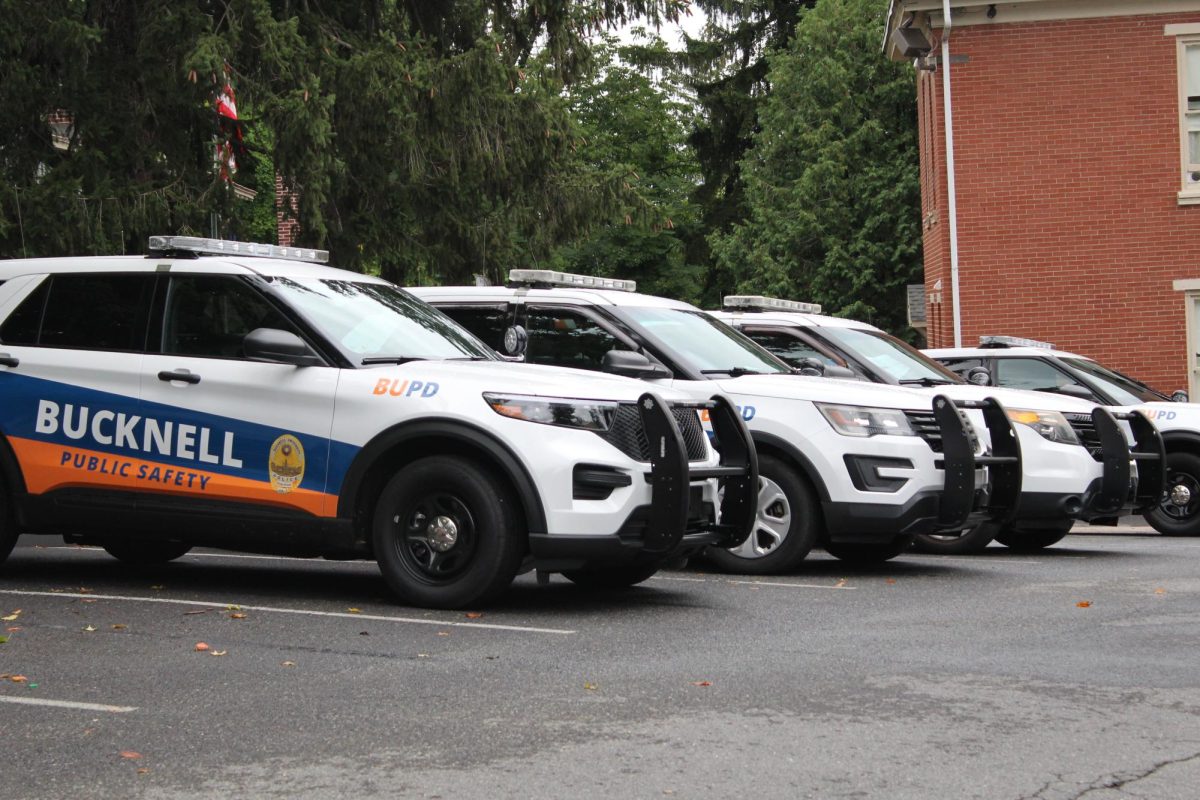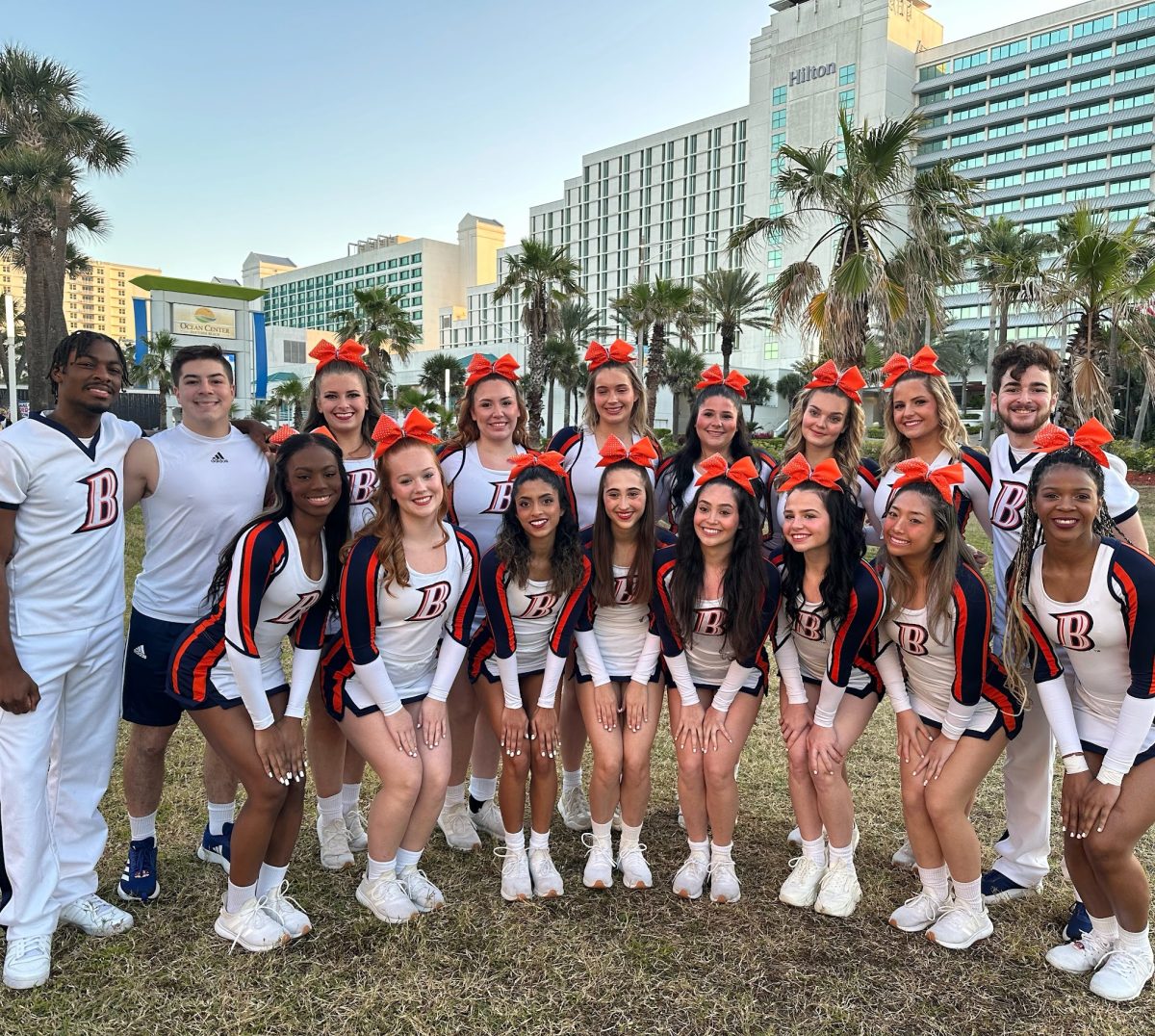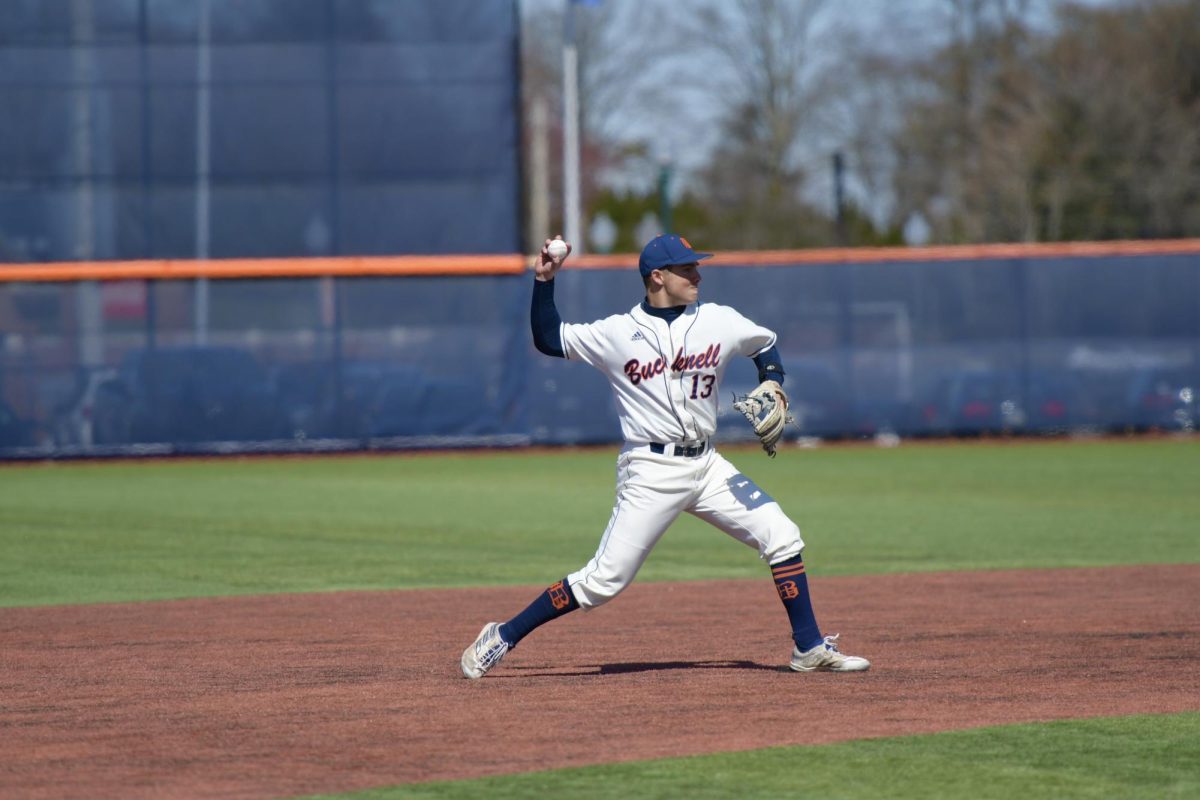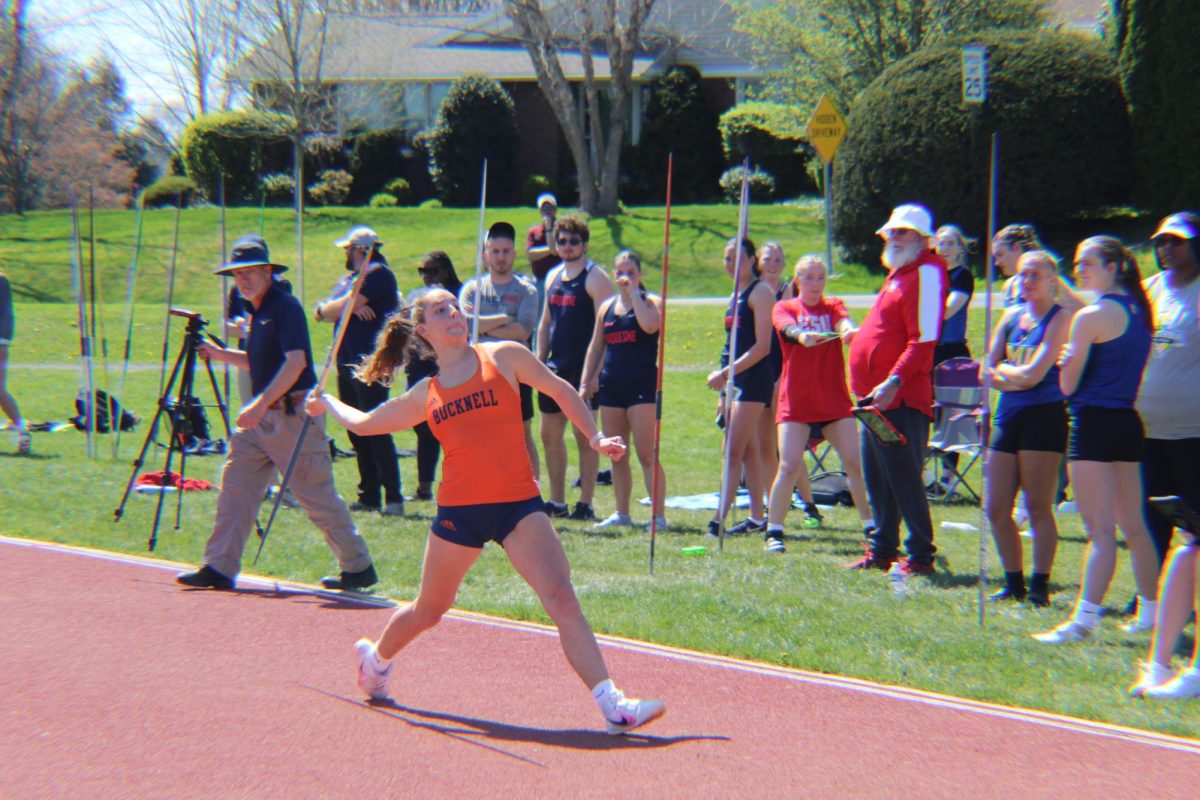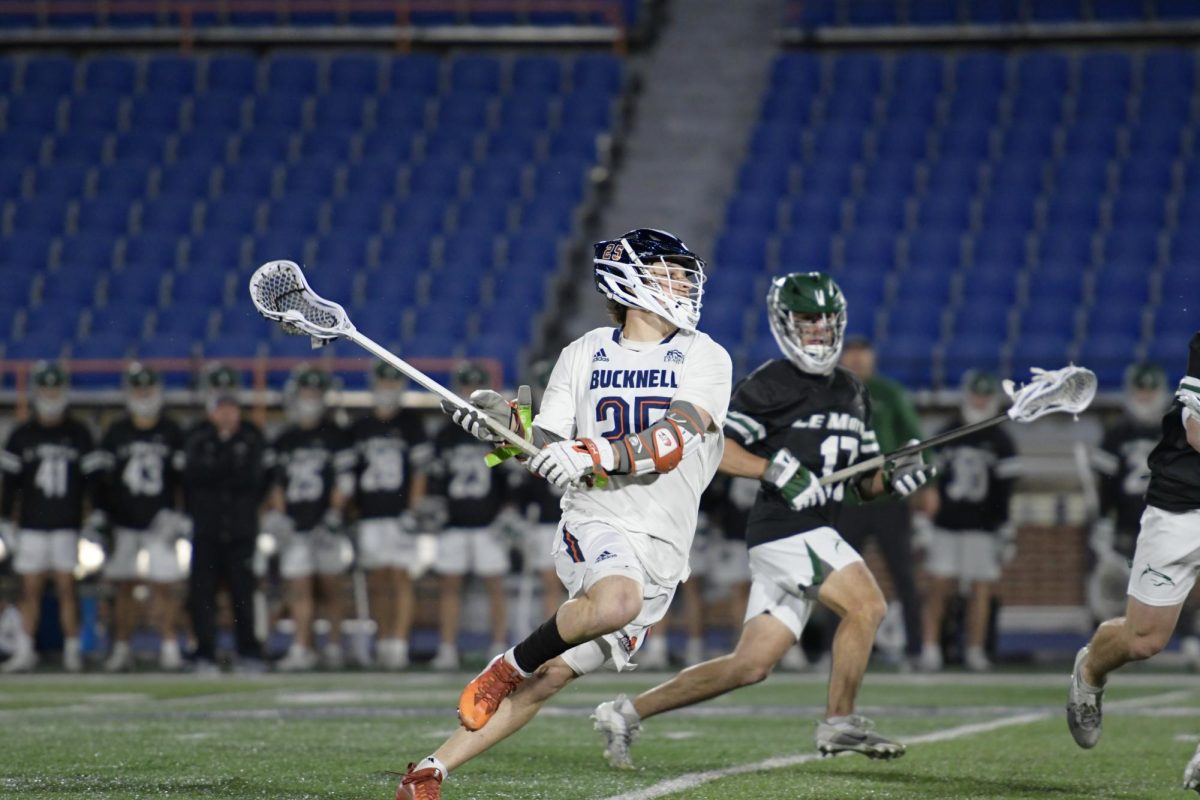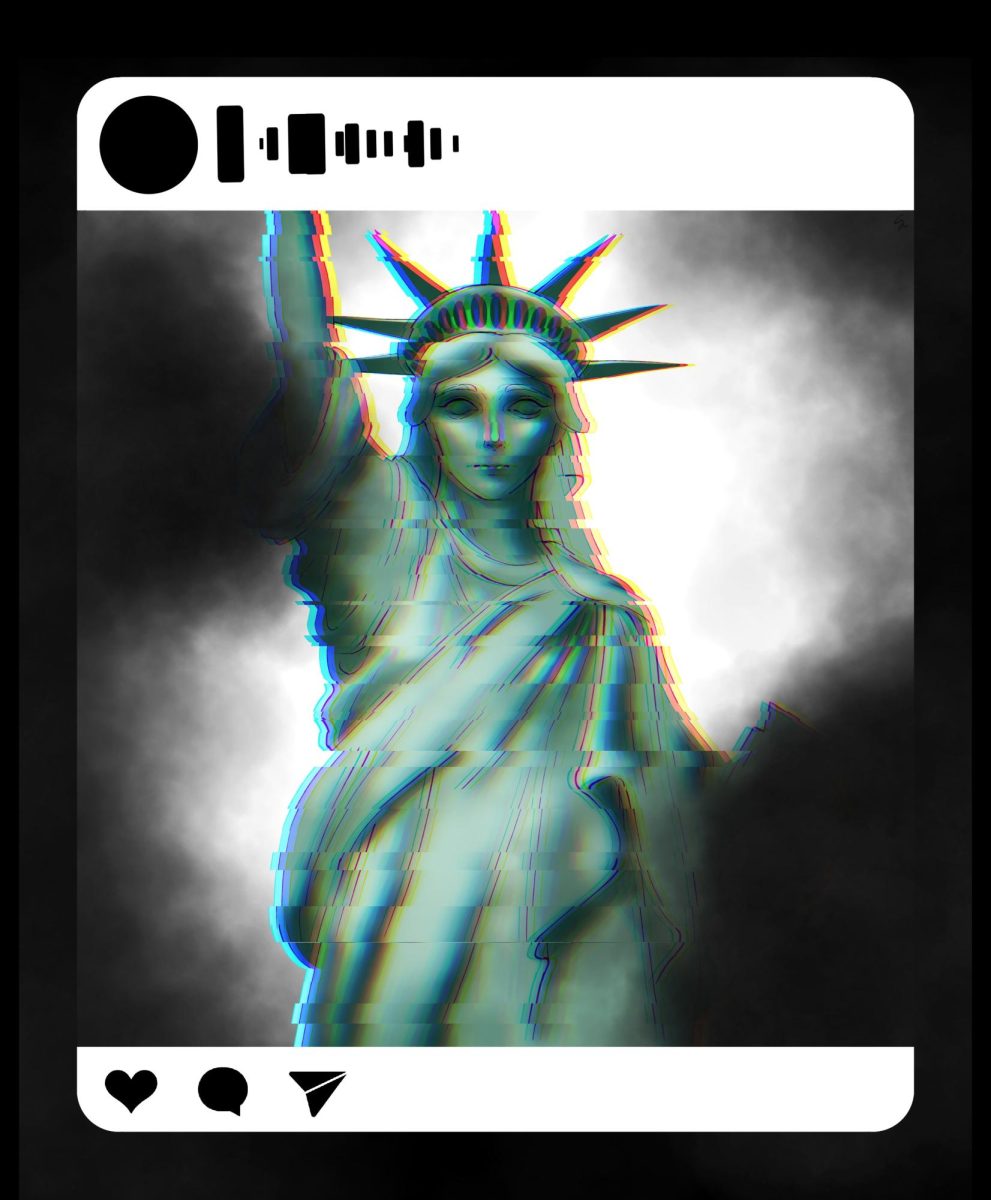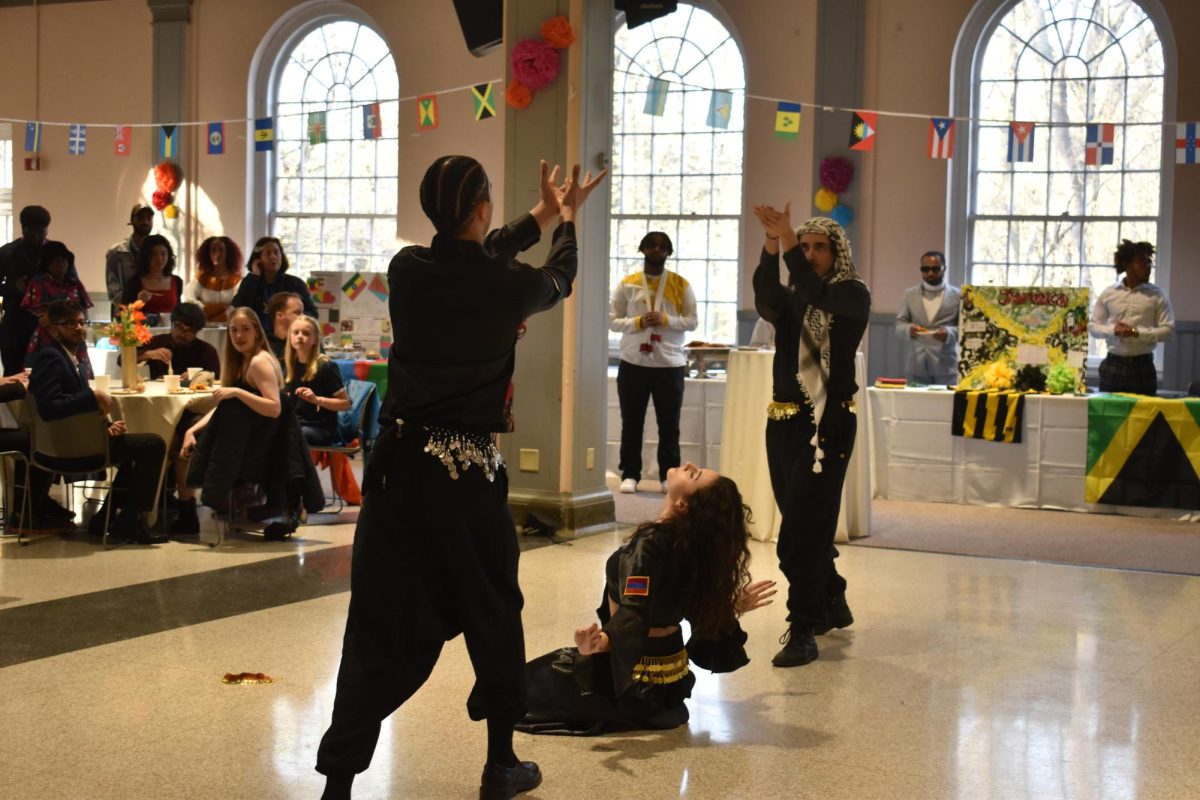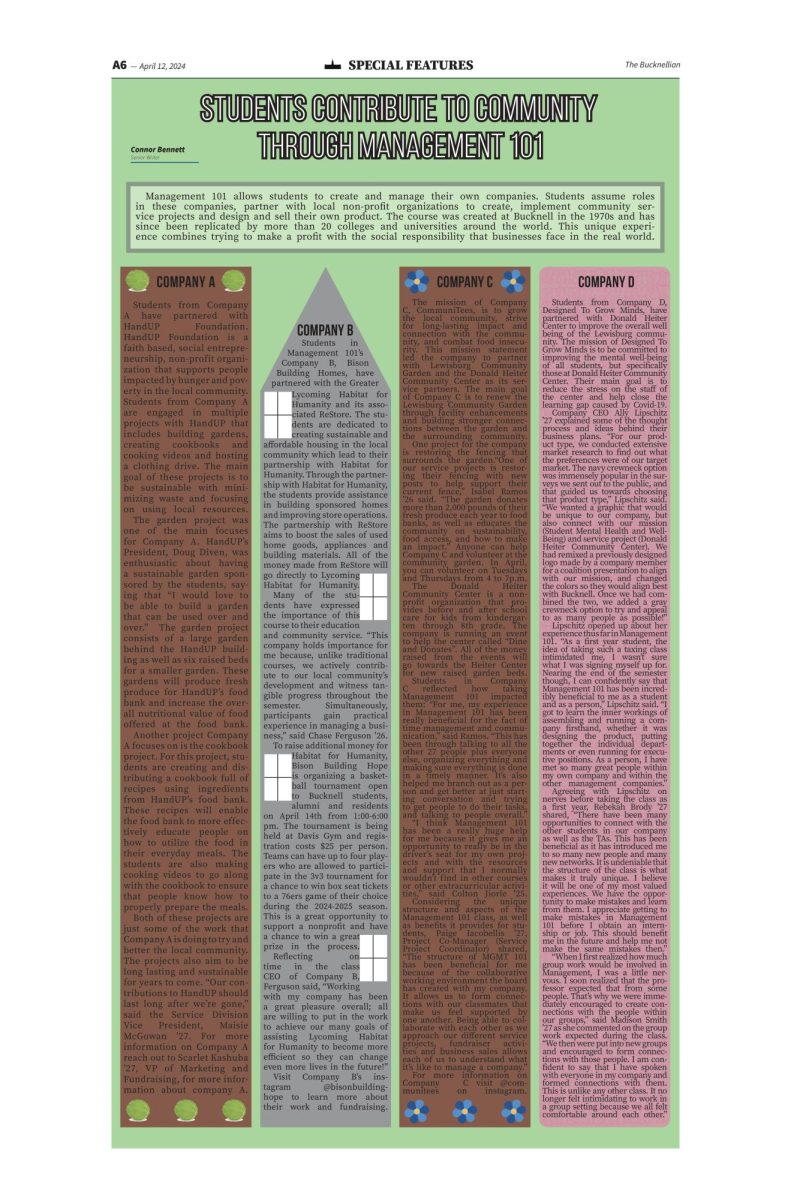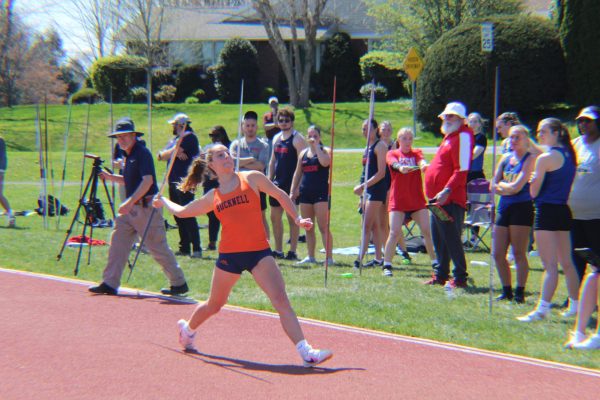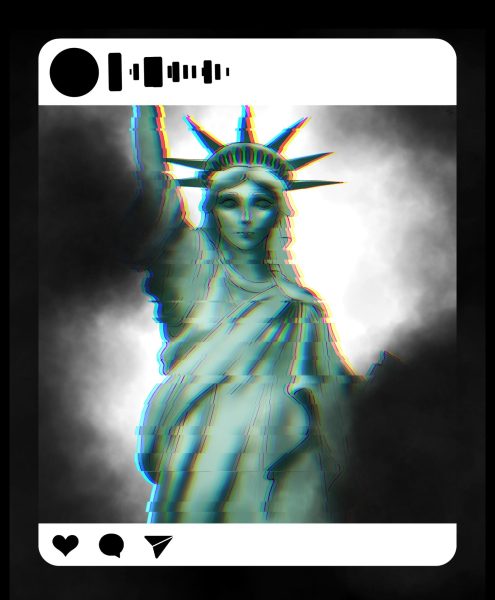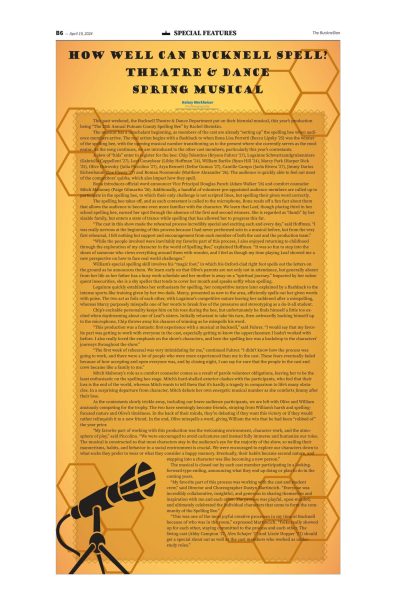Beyond the Bison: Trump’s immigration ban and athletes: Who it affects, lasting implications, and potential solutions
February 9, 2017
While millions across the world have already felt the immediate yet potentially temporary effects of President Donald Trump’s immigration ban, these actions may mar the face of American athletics for years to come.
Trump’s executive order bans non-U.S. citizens traveling from seven Muslim majority countries, including Iraq, Syria, Iran, Sudan, Libya, Somalia, and Yemen for 90 days, during which the administration has vowed to reassess the entry process in order to protect national interest. This ban excludes people with pre-approved special immigrant visas, current green card holders, diplomats, and some dual nationals, among others.
The order quickly sparked international outrage, with several athletes swiftly speaking out against the president’s actions. A multitude took to social media to express their disgust.
“As an American, so sorry to everyone affected by the #MuslimBan … this is foreal gettin out of control,” Jeremy Lin of the Brooklyn Nets said in a tweet.
“I am still in disbelief about the #MuslimBan. ‘NO’ human should be discriminated against for their Race, Religion, or Ethnicity. #WeAreAmerica,” Turkish Oklahoma City Thunder center Enes Kanter said.
For athletes personally affected by this ban, tweets ranged from horrified reactions to disappointment in the country that had taken them in. WWE wrestler Sami Zayn, who is of Syrian descent, expressed his disdain with a simple tweet.
“I can’t articulate how truly disgusted I am right now,” Zayn said.
British track star and two-time Olympic champion at the 5000-meter and 10000-meter race Sir Mo Farah compared the treatment he has received from his country of current residence, the United States, to that of where he holds citizenship, the U.K.
“On 1st January this year, Her Majesty the Queen made me a Knight of the Realm. On 27th January, President Trump seems to have made me an alien,” Farah said.
Farah was particularly concerned he would be unable to return to his family at their home in Portland, Ore. when traveling back from training camp. Fortunately, he was allowed re-entry thanks to his British passport.
For other athletes without dual citizenship in Canada or the U.K., their futures are less certain. NBA players Thon Maker of the Milwaukee Bucks and Luol Deng of the Los Angeles Lakers were born in Sudan, a country currently barred. Their birthplace in present-day South Sudan has spared them thus far from difficulty when returning from Canada, but while the details of dual citizenship are under review, several companies and organizations are discouraging their employees holding citizenships to barred countries from traveling.
Even if the worst of the executive order’s effects come to an end after 90 days, Trump’s actions have already done considerable long-term damage to American athletics worldwide. Iran promptly retaliated by imposing similar restrictions on Americans attempting to enter. J.P. Prince and Joseph Jones, members of Iran’s highest professional basketball league, are indefinitely stranded in Dubai after being denied entry to Iran after traveling to the United Arab Emirates to renew their visas. In another retaliatory move, Iran banned American wrestlers from competing in the men’s Freestyle World Cup on Feb. 3. While this particular ban has since been lifted, the future of impending travel for athletes is still unknown.
Arguably one of the greatest consequences of this ban has been its effect on the United States’ upcoming bids on the 2024 Olympics and 2026 FIFA World Cup. While the United States is bidding to host the 2024 Summer Olympics in Los Angeles, Mayor Eric Garcetti and several members of the international community expressed concerns about a Trump presidency before the election. FIFA officials have similar reservations, and organizers will likely have to distance themselves from the president to win the bid.
There are, however, potential amendments that would allow athletes to travel freely to the United States for competition. American immigration frequently distributes P-1 visas to athletes or teams that are able to prove they perform “at an internationally recognized level.” Unlike other immigration processes, this system is easy to follow and is relatively quick. If Trump were to classify P-1 visa holders as exempt, hundreds of athletes would regain their freedom to travel with their teams and families.
The world will be paying close attention to the president’s actions following the end of the next three months. If these policies stay in place, the sense of international unity that sports are known to invoke is in serious jeopardy.

